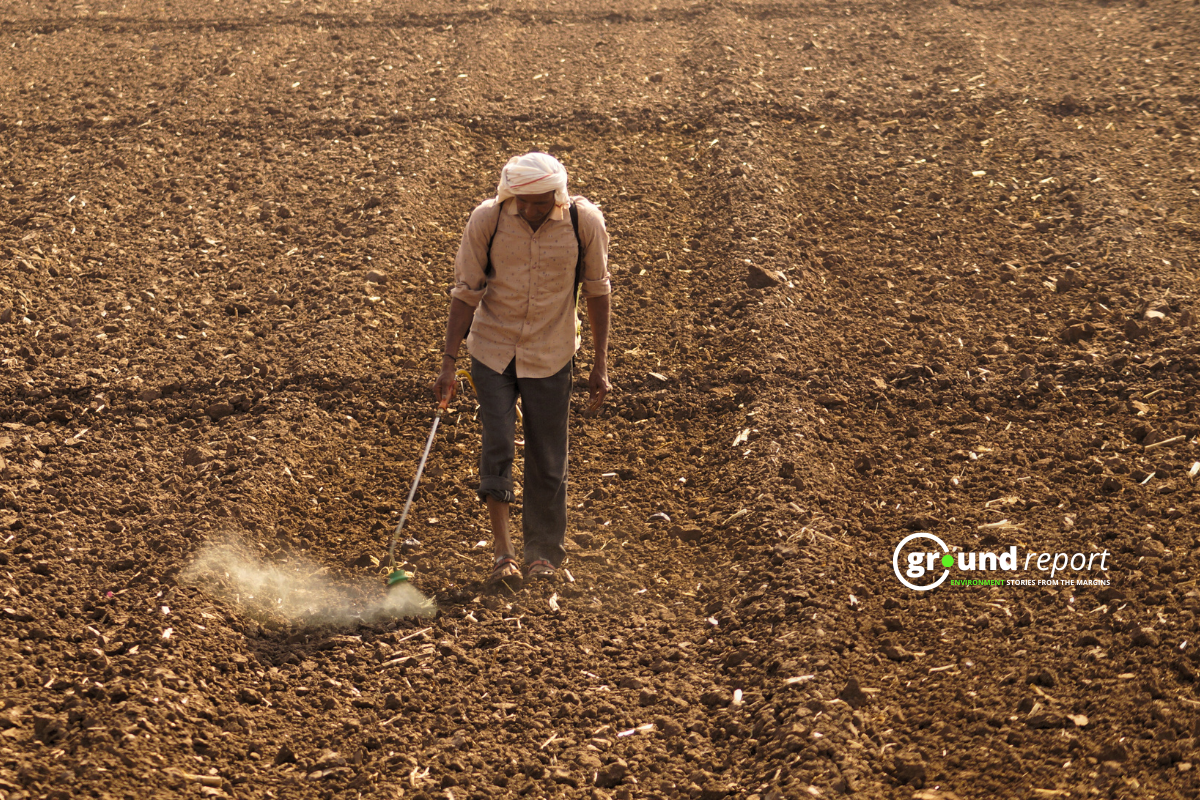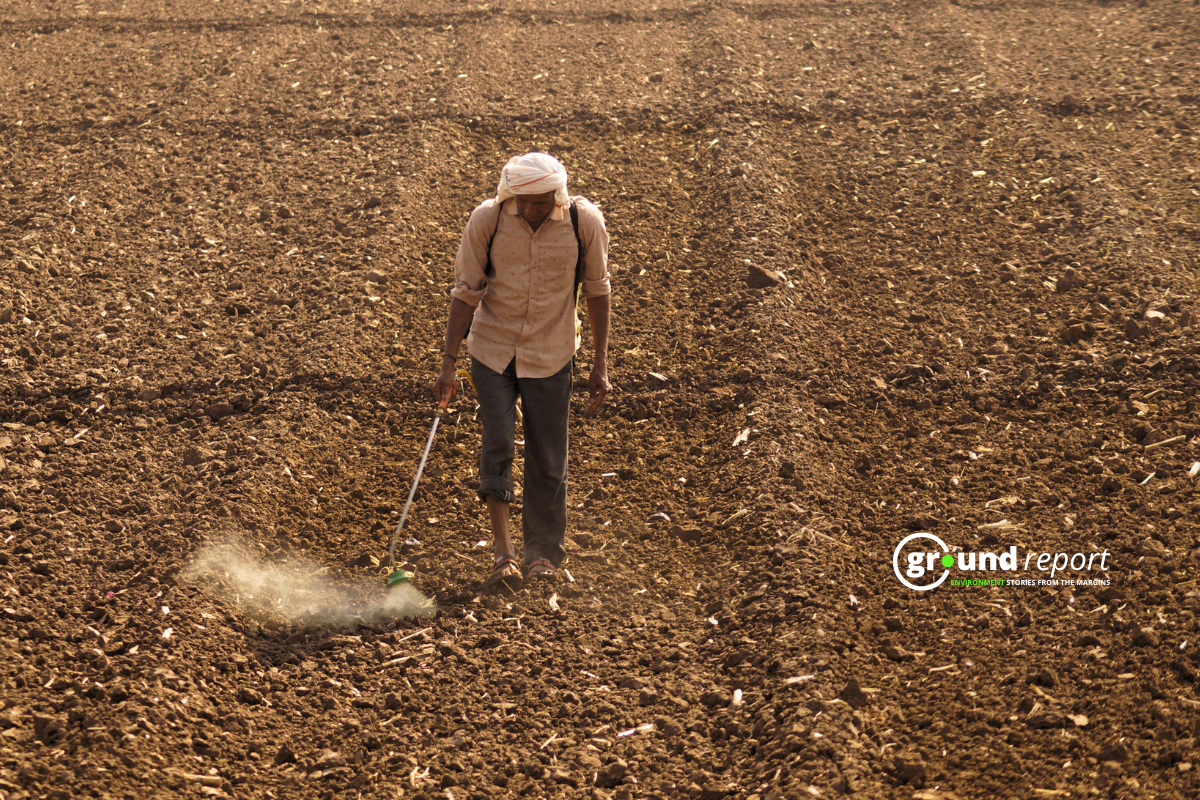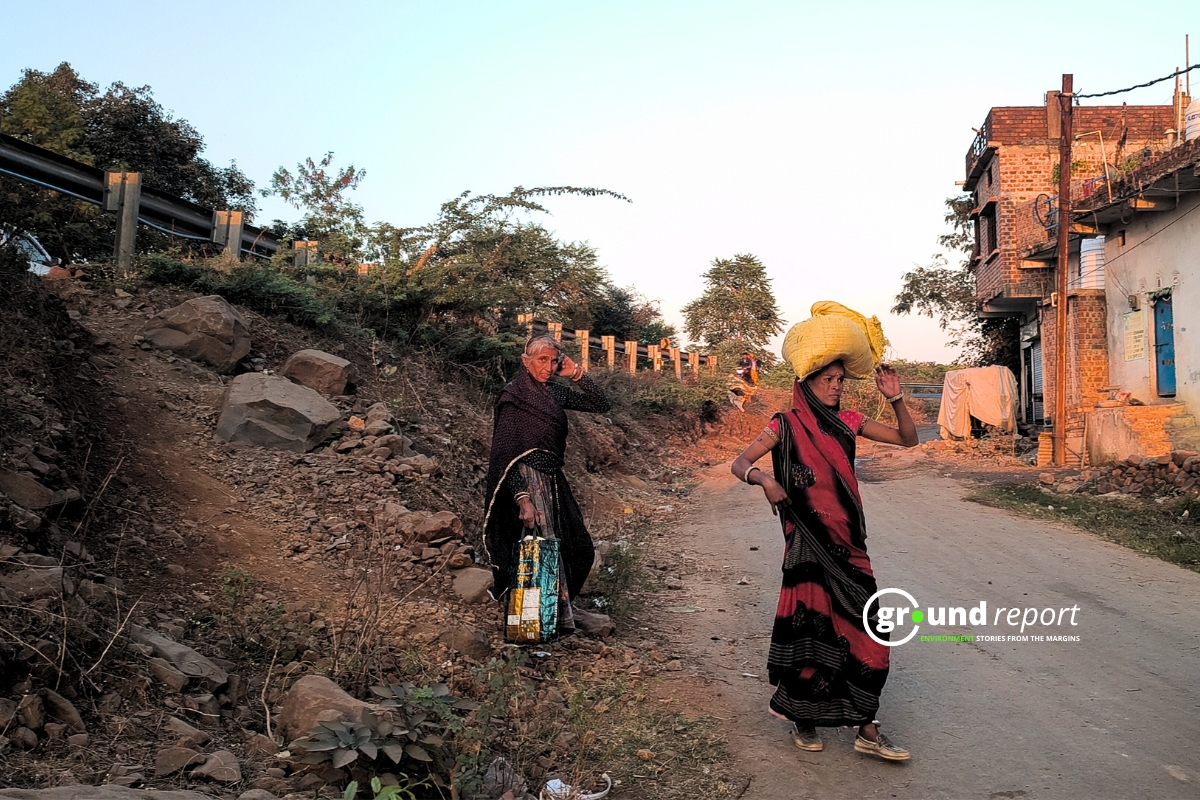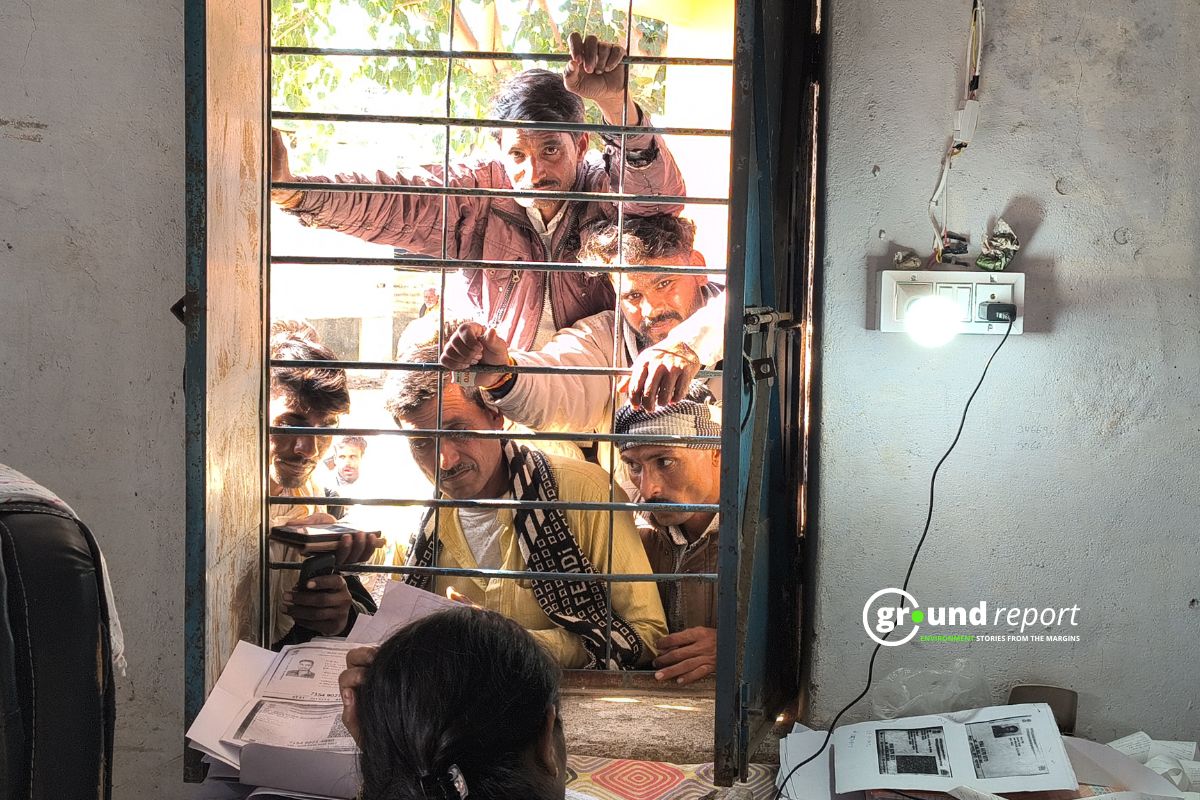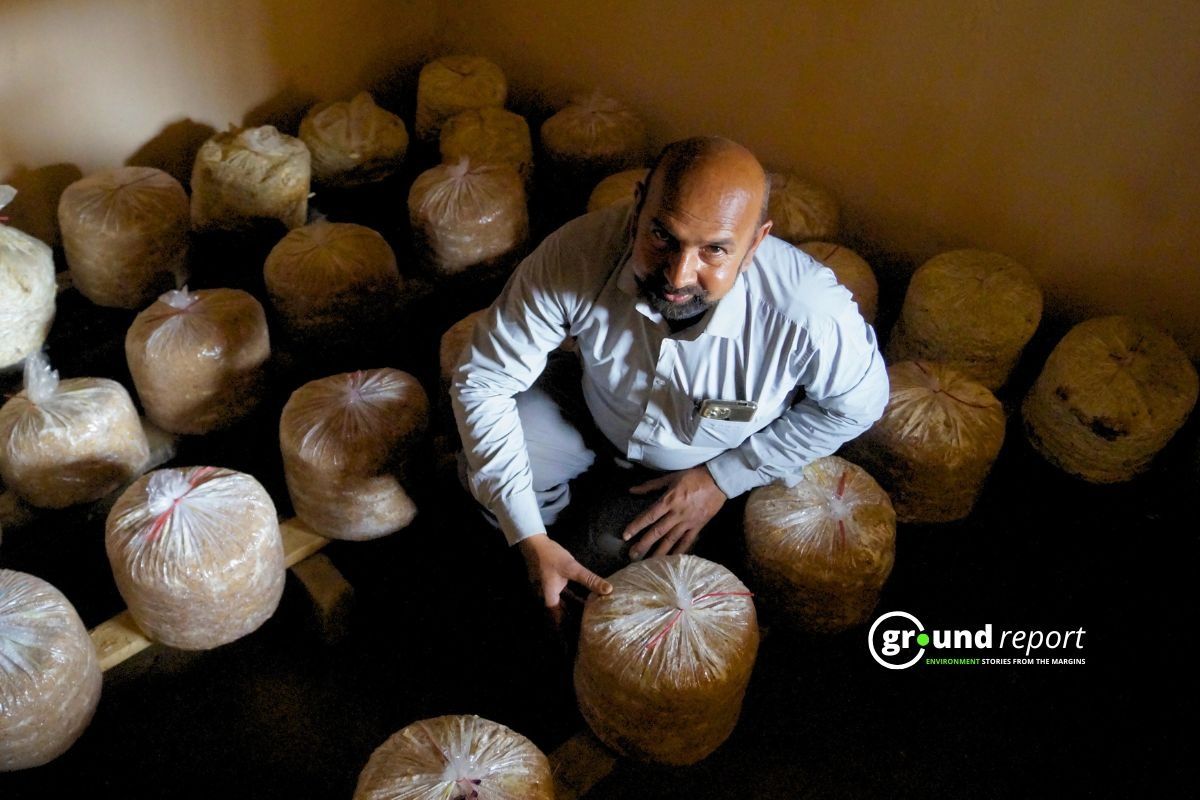The beloved avocado, a nutrient-rich superfood gaining popularity worldwide, is facing a severe crisis due to climate change, warns a new report by Christian Aid. The report, titled ‘Getting Smashed: The Climate Danger Facing Avocado‘, highlights the urgent need for rapid emission reductions and increased support for farmers to safeguard the future of this prized fruit.
Avocado cultivation areas may decline
According to the report, the most suitable areas for avocado cultivation could decline by a staggering 41 percent by 2050 due to rising temperatures and drier conditions. Michoacan, Mexico’s main avocado-producing region, may witness a 59 percent reduction in its avocado-growing area by the same year.
“We are experiencing hot temperatures, heavy rains, and erosion, which is seriously affecting farmers’ yields and incomes,” said Jolis Bigirimana, a farmer from Burundi, painting a grim picture of the challenges faced by avocado growers due to climate change.
The report warns that even if global temperature rise is limited to two degrees Celsius, the effects on avocado production will remain severe. Major producing regions like Spain, Chile, and Colombia are expected to feel the impact of a changing climate, leading to a decline in productive areas.
Mexico, the world’s largest avocado producer, could see its potential productive areas decrease by 31 percent by 2050, even if the temperature rise is capped at two degrees Celsius. However, if the temperature escalates by five degrees Celsius, the production areas may shrink by a alarming 43 percent, jeopardizing the avocado industry and the livelihoods of those dependent on it.
“Farmers in developing countries are already bearing the brunt of climate change, yet they rely on a stable climate to support their families,” said Mariana Paoli of Christian Aid. “They need more financial support to adapt to this changing environment.”
The report’s findings have resonated with the British public, with 63 percent of respondents agreeing that the government should support sustainable farming in developing countries to mitigate the effects of the climate crisis on Britain’s food supply.
Jolis Bigirimana, who leads Farmer’s Pride in Burundi, described the dire circumstances faced by avocado farmers. ‘We are experiencing hot temperatures, heavy rain, and erosion which is having a terrible impact on farmers’ productivity and their income. We only have a very short period of rainfall here in Burundi and during that period avocado growers used to water their plants,” said Bigirimana.
“But because of climate change the weather is now more extreme and this has affected our productivity. It now costs us a lot of money to water our crops which has affected our income and is a threat to our livelihoods.” “We need to see richer, polluting countries to cut their carbon emissions which is driving this extreme weather and also provide climate finance to help us adapt to the changing climate.”
Avocados, which have an ancient history dating back thousands of years and held cultural significance in Mesoamerican civilizations, now face an uncertain future if governments fail to take immediate action to reduce emissions and accelerate the adoption of clean energy.
UK supports sustainable farming overseas
In 2022, the UK ranked as the seventh largest importer of avocados in the world, accounting for 3.31 percent of global imports. A recent report also surveyed British public opinion on whether the government should support sustainable farming in developing countries to mitigate the climate crisis’s impact on Britain’s food supply. An overwhelming 63 percent of respondents agreed with this idea.
Avocados have a rich history, holding a significant place in the diet, mythology, and culture of Mesoamerican people. Food historians have found evidence of avocado consumption in central Mexico and Guatemala dating back around 10,000 years. Scientists believe the fruit initially originated in Africa before spreading to North America and then Central America.
Research suggests that avocado cultivation began about 5,000 years ago. Over time, avocados started being produced in various regions, including Mexico, Peru, Indonesia, Colombia, Florida, California, Hawaii, Kenya, Haiti, Chile, South Africa, Brazil, and Australia. In 2022, Mexico was the leading producer, with approximately 2.53 million tonnes of avocados. Colombia was second, producing 1.09 million tonnes, followed by Peru with 870,000 tonnes.
The future of avocado production is uncertain if governments do not take action to reduce emissions. Christian Aid has called on governments to cut emissions immediately and accelerate the adoption of clean energy. They also advocate for increased financial support for vulnerable farmers who rely on avocado farming for their livelihoods, helping them adapt to the changing climate.
Mariana Paoli of Christian Aid highlighted the struggles of farmers in developing countries who are already feeling the effects of climate change. She emphasized that these farmers depend on a stable climate to support their families and need more financial assistance to cope with the environmental challenges they face.
Support us to keep independent environmental journalism alive in India.
Keep Reading
Part 1: Cloudburst in Ganderbal’s Padabal village & unfulfilled promises
India braces for intense 2024 monsoon amid recent deadly weather trends
Follow Ground Report on X, Instagram and Facebook for environmental and underreported stories from the margins. Give us feedback on our email id greport2018@gmail.com.
Don’t forget to Subscribe to our weekly newsletter, Join our community on WhatsApp, and Follow our YouTube Channel for video stories.


